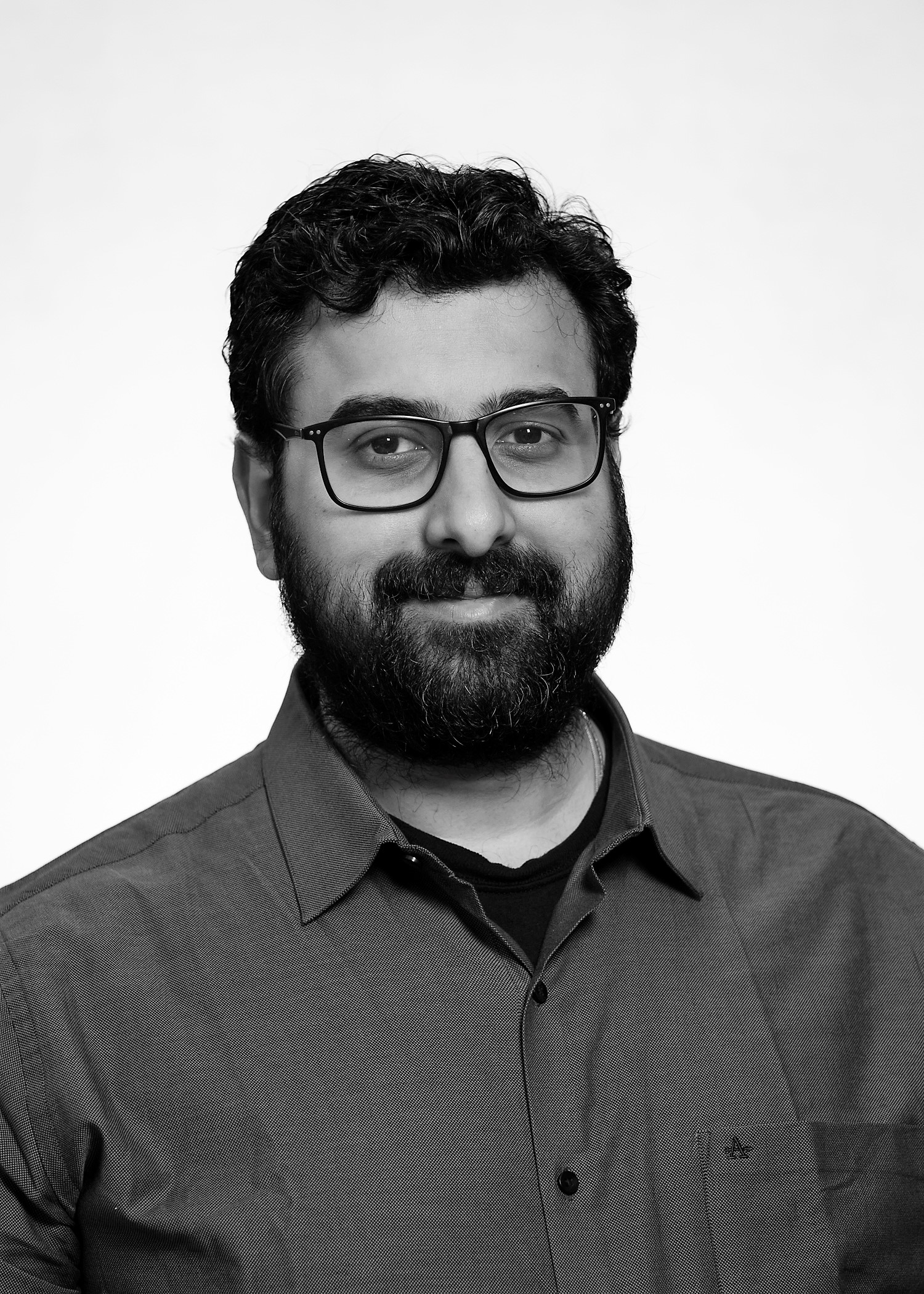Les Geddes’ legacy continues with a named professorship
"I am truly honored to receive this recognition,” said Jayant. “It holds immense significance to me. Dr. Geddes, a renowned electrical engineer and physiologist who pioneered the field of biomedical engineering and has been a source of inspiration for many, including me. I have followed a similar path in my career, focusing on innovative methods and curiosity to try and probe the unknown. I am humbled to be acknowledged in this way."
Les Geddes, the Showalter Distinguished Professor Emeritus of Biomedical Engineering, had a lifelong commitment to improving the lives of patients through the creation of advanced medical technologies. By the end of his prolific thirty-year career at Purdue, he had generated over twenty patents, thirteen books and eight hundred scientific papers. His innovations ranged from burn treatments to miniature defibrillators and ligament repair to tiny blood pressure monitors for premature infants.
“Krishna embodies the spirit of innovation and creativity that Dr. Geddes encouraged,” said Kevin Otto, the Dane A. Miller Head of the Weldon School of Biomedical Engineering. “Dr. Geddes loved science and so does Krishna. He follows the rule of Geddes—First you’ve got to look at the data, really look at the data, and see what it’s trying to tell you.’”
Jayant previously received the NIH Trailblazer Award, an HFSP grant, and the Ralph E. Powe Junior Faculty Enhancement Award. More recently, Jayant was selected for the National Institutes of Health (NIH) Director’s New Innovator Award, part of the High-Risk, High-Reward Research program that, according to its website, supports “exceptionally creative early career investigators who propose innovative, high-impact projects in the biomedical, behavioral or social sciences within the NIH mission.” Jayant joined the Weldon School in 2019.
Jayant’s research approach is highly interdisciplinary and uses novel nanotechnologies, cutting-edge two-photon microscopy and CMOS electronics to help dissect how brain circuits compute—specifically the cortex. His interests are broad and span method development, fundamental neuroscience and novel nanoelectronic systems.
“We focus on a range of biological questions ranging from probing the fundamental biophysical features that influence single neuron computation, including synaptic and dendritic signaling, population coding during behavior and novel technology development,” explains Jayant.
More information on Jayant’s research may be found at https://nanoneurotech.com/.

